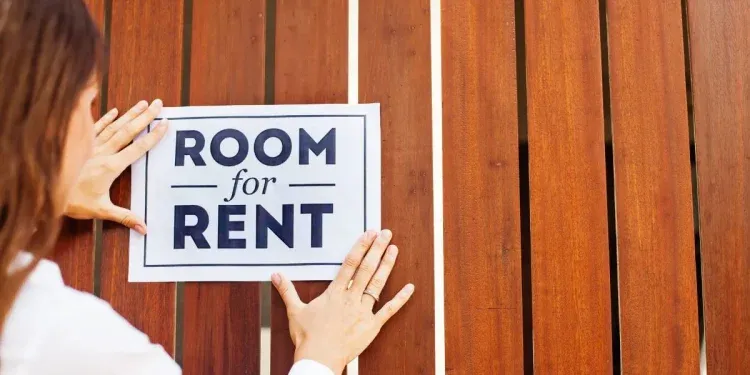The Irish Government is on the cusp of implementing significant changes to the country’s Rent Pressure Zones (RPZs), a move that has already ignited widespread concern among renters, housing advocates, and opposition parties. A final decision on the contentious proposals is anticipated within days, with new legislation expected to be introduced before the end of the year.
RPZs were initially rolled out in 2016 as a critical measure to curb spiralling rents in Ireland’s most in-demand urban centres, including Dublin and Cork. Under the current framework, landlords within these designated zones are restricted to rent increases of no more than 2% annually, or in line with inflation – whichever figure is lower. These vital protections were extended last year and are officially set to expire on December 31, 2025.
However, the Government is now signalling a controversial shift: plans are underway to ease rent restrictions specifically for new tenancies, while largely maintaining existing protections for current tenants. This proposed “twin-track” approach, as termed by officials, aims to strike a delicate balance between safeguarding existing renters and supposedly incentivizing greater investment and supply in the beleaguered rental market.
An Taoiseach has underscored the urgency of the situation, stating that “doing nothing is not an option.” Without the introduction of new legislation, the existing RPZ rules would simply lapse at year-end, potentially triggering a chaotic return to full market rents and an immediate surge in housing costs. The Government contends that these proposed adjustments will inject much-needed “certainty to the market,” thereby encouraging developers to accelerate the construction of more rental properties.
Under the emerging framework of the new plan:
- Existing tenants in RPZs are expected to continue benefiting from current rent caps, providing some stability for those already in their homes.
- New tenants, however, may face substantially fewer restrictions, empowering landlords with greater flexibility to “reset” rents between tenancies. This could mean significant rent hikes for those entering the market or moving to a new property.
- To mitigate concerns, stronger legal protections for renters are reportedly being considered as part of the legislative package, intended as a trade-off for the relaxed rent controls on new leases.
This proposed policy pivot has already drawn sharp and immediate criticism from across the political spectrum. Sinn Féin leader Mary Lou McDonald lambasted the Government, accusing it of asking renters to “pick up the tab” for its perceived failure to resolve the deep-seated housing crisis. Housing campaigners and tenant rights organizations echo these warnings, cautioning that easing rent controls for new tenancies could trigger severe rent increases, particularly in already prohibitively expensive urban areas where housing affordability remains a national emergency. Groups like Threshold have expressed profound concern that such a move could exacerbate homelessness and make it even harder for young people and families to find affordable accommodation.
Adding another layer to the debate, the independent Housing Commission, in a significant report last year, recommended a departure from RPZs altogether. They proposed replacing the current system with a model of “reference rents,” which would peg rent levels to the average cost of similar homes in the same locality, subject to regular reviews to accurately reflect local market conditions. This alternative, however, does not appear to be currently under active consideration by the Government.
The contentious proposed changes are slated for extensive discussion at Cabinet next week, with the accompanying legislation anticipated to follow swiftly before the close of 2025. These new rules would form a key component of a broader governmental housing strategy, with the overarching goals of boosting housing supply and bringing greater stability to Ireland’s volatile rental market. The coming days are set to be critical for the future of renting in Ireland, as the government grapples with balancing investor confidence with the urgent needs of its tenant population.







